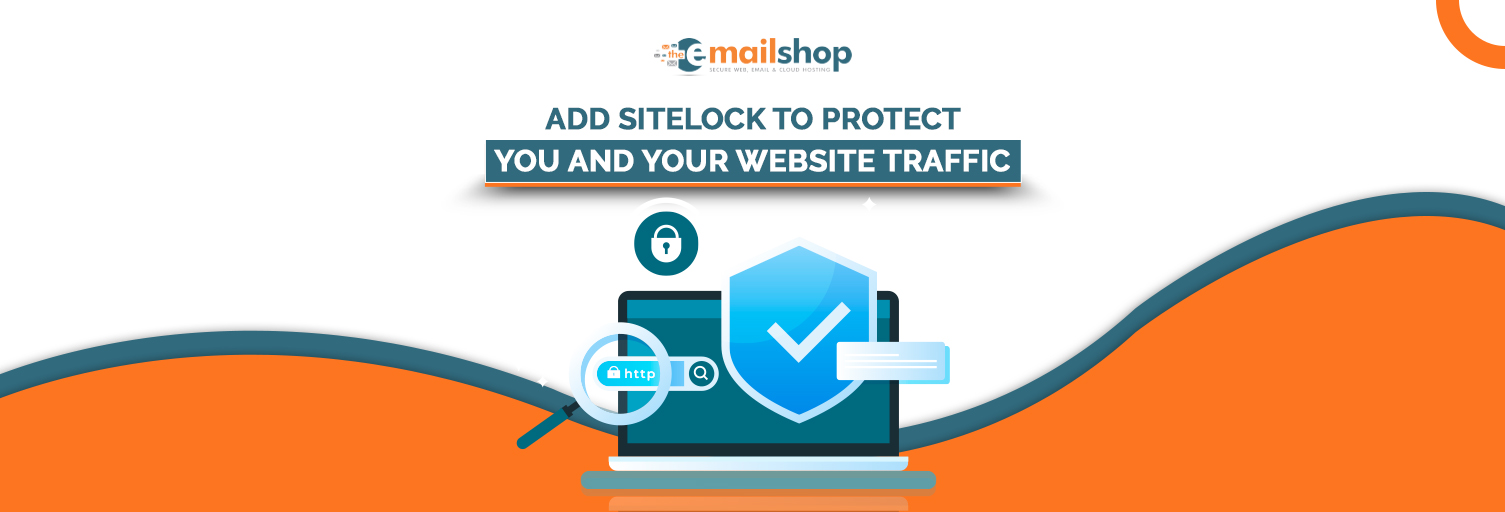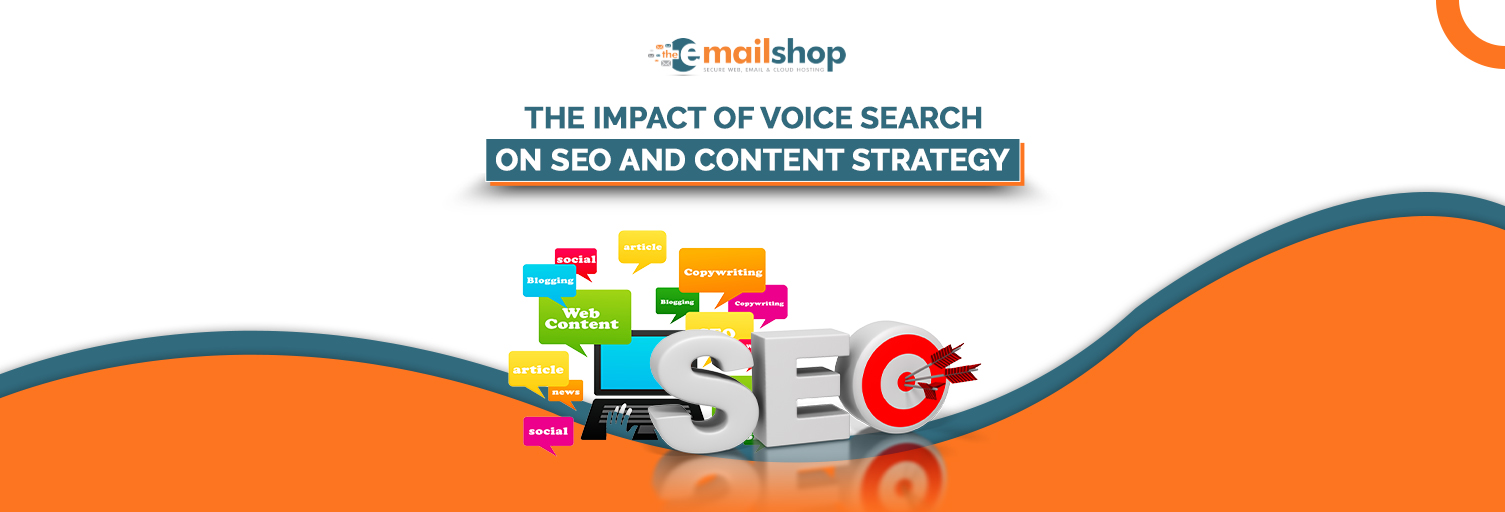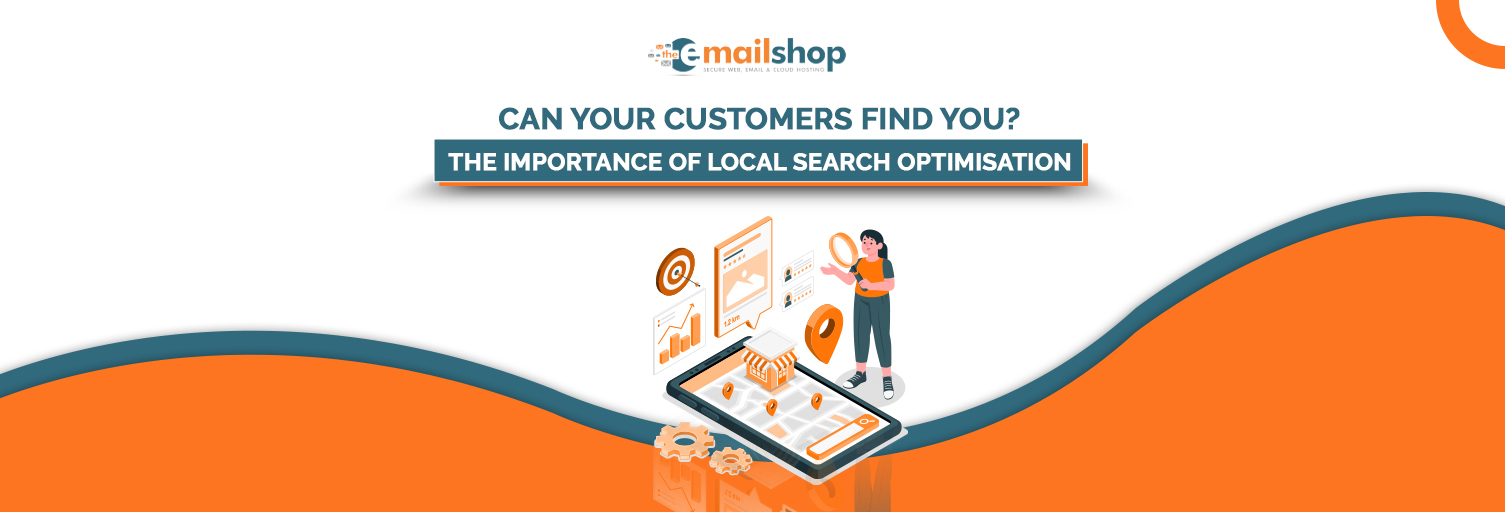In the digital era, website security is a non-negotiable priority for businesses and individuals alike. SiteLock Website Security stands out as an all-in-one solution to safeguard your website from evolving cyber threats. From malware removal for websites to DDoS attack prevention, SiteLock provides essential tools to keep your website and its visitors safe. Let’s explore how SiteLock can secure your online presence and protect your website traffic.
Overview of Cyber Threats Targeting Websites and Their Potential Consequences
Websites face various cyber threats, including hacking attempts, malware, phishing attacks, data breaches, and denial-of-service (DoS) attacks. These threats can lead to serious consequences such as loss of customer data, financial theft, damage to brand reputation, legal repercussions, and downtime that affects business operations and user trust.
Introduction to SiteLock as a Solution for Enhancing Website Security
SiteLock is a website security solution designed to protect websites from online threats. It offers features such as malware removal, vulnerability scanning, and real-time protection against potential attacks. By monitoring websites for potential security risks, SiteLock helps businesses take proactive steps to prevent and respond to security issues quickly.
Importance of Website Security for Business Credibility, Traffic, and Customer Trust
Strong website security directly impacts a business’s credibility. Customers and users are more likely to trust a website with robust security measures in place. A secure website ensures a safe browsing experience, which can lead to increased traffic, higher customer retention, and a stronger reputation. Conversely, a compromised site can drive away visitors, lower conversion rates, and diminish trust, all of which can harm a business’s bottom line.
What Is SiteLock?
SiteLock is a comprehensive website security solution designed to protect websites from cyber threats. With the increasing number of attacks on websites, SiteLock offers a range of tools to safeguard online businesses, ensuring their websites remain secure from common vulnerabilities, malware, and data breaches. SiteLock works by continuously monitoring websites, detecting potential threats, and removing any malicious content to keep the website’s integrity intact. It provides a proactive approach to cybersecurity, ensuring that businesses can focus on growth without the fear of cyberattacks impacting their online presence.
History and Reputation of SiteLock in the Cybersecurity Industry
Founded in 2008, SiteLock has established itself as a prominent player in the cybersecurity industry, providing website security services to businesses worldwide. Over the years, it has built a strong reputation for offering robust and user-friendly solutions that cater to the needs of both small businesses and large enterprises. SiteLock’s innovative approach to cybersecurity and its proactive threat detection mechanisms have made it one of the go-to solutions for website owners seeking peace of mind in an increasingly digital world. The company’s commitment to protecting online businesses and its extensive experience in website security have earned it trust among various industries.
Explanation of SiteLock’s Main Features
-
Malware Detection and Removal
SiteLock uses advanced scanning technology to detect and remove malware from websites. Malware, such as viruses, trojans, and other malicious software, can severely damage a website’s functionality and reputation. SiteLock’s malware detection system scans the website regularly, ensuring that any hidden threats are identified and promptly removed before they cause harm. This feature is vital in maintaining the trust of website visitors and preventing the loss of sensitive data.
-
Website Scanning and Vulnerability Assessments
SiteLock offers continuous website scanning, identifying vulnerabilities that hackers could exploit. It assesses various aspects of a website’s security, including outdated software, weak passwords, and configuration issues that could leave a website susceptible to attacks. By identifying these vulnerabilities, SiteLock helps businesses address them before they are targeted by cybercriminals, ensuring the site remains secure.
-
Protection Against DDoS Attacks
Distributed Denial-of-Service (DDoS) attacks are a significant threat to websites, as they can overwhelm servers and render a site inaccessible. SiteLock protects against these attacks by detecting unusual traffic patterns and mitigating the impact of malicious requests. This ensures the website remains operational, even under heavy attack.
-
Data Breach Monitoring
Data breaches can be disastrous, exposing sensitive customer information and damaging a business’s reputation. SiteLock offers data breach monitoring services that track online databases and websites for any signs of compromised data. If a breach occurs, SiteLock alerts the website owner immediately, allowing them to take quick action and minimize the impact.
Why Website Security is Crucial
Rising Cyber Threats Targeting Websites
As digital technology continues to evolve, so do the tactics of cybercriminals. Websites have become prime targets for hackers, with malicious actors exploiting vulnerabilities to gain unauthorized access, steal sensitive data, or launch disruptive attacks. Cyber threats such as malware, phishing, ransomware, and Distributed Denial-of-Service (DDoS) attacks have become increasingly sophisticated, making website security a critical concern for businesses of all sizes.
Statistics on Cybercrime and Its Impact on Businesses
Cybercrime is on the rise, with staggering financial implications. According to Cybersecurity Ventures, global cybercrime damages are expected to reach $10.5 trillion annually by 2025. Furthermore, nearly 60% of small businesses that suffer a cyberattack go out of business within six months. These statistics highlight the immense financial risks cyber threats pose to companies, particularly when websites are compromised.
The Consequences of Website Breaches: Financial, Reputational, and Operational Damage
The impact of a website breach extends far beyond the immediate financial cost of remediation. Financial losses can include fines, legal fees, and the expense of recovering from the attack. Additionally, the reputational damage can be devastating. Customers may lose trust in a business that has been compromised, leading to a decline in sales and brand loyalty. Operationally, a breach can result in significant downtime, preventing a website from functioning properly and causing loss of business during recovery periods. For businesses that rely on e-commerce, this can translate into direct revenue loss.
How Cyber Threats Can Affect Website Traffic and Performance
A compromised website can suffer from slow performance or, in extreme cases, complete inaccessibility. Cybercriminals may inject malicious code, causing errors or delays in website loading times, which can negatively impact user experience. As a result, visitors may abandon the site, leading to a decrease in traffic. Search engines like Google also penalize sites with security issues, which can further reduce visibility and site ranking, limiting traffic even more.
Legal and Compliance Issues: GDPR, HIPAA, and Other Regulations
Website breaches can also have legal consequences, especially with the introduction of regulations like the General Data Protection Regulation (GDPR) and the Health Insurance Portability and Accountability Act (HIPAA). These regulations mandate that businesses protect customer data and notify authorities in the event of a breach. Non-compliance can result in heavy fines, legal action, and further damage to a company’s reputation. As data privacy becomes more important, website security is not just a technical issue but a legal and ethical responsibility.
Comprehensive Website Protection Services
SiteLock offers unmatched website protection services tailored to counteract modern threats. Its proactive approach includes website vulnerability scanning, which identifies and resolves security gaps before attackers can exploit them. SiteLock ensures your website remains secure against bot attacks, spam emails, and other malicious activities, offering peace of mind for both you and your users.
Advanced Malware Detection and Removal
Cybercriminals often deploy malware to compromise websites and steal sensitive data. SiteLock’s website malware protection tools work 24/7 to detect and remove harmful software. By addressing issues like cross-site scripting and SQL injection attacks, it safeguards your SQL databases and prevents your website from being blacklisted due to malicious content.
Preventing DDoS Attacks and Enhancing Website Performance
A DDoS attack prevention system is critical for uninterrupted website operation. SiteLock uses advanced tools, including a Content Delivery Network (CDN), to distribute traffic and mitigate potential overloads caused by malicious actors. This ensures that your website remains accessible and performs optimally, even during targeted attacks.
Cybersecurity for Websites: Safeguarding User Trust
Building trust with your users requires robust cybersecurity for websites, which includes features like firewalls for websites, SSL certificates, and CAPTCHA security. SiteLock actively monitors visitor behavior to identify and block suspicious activities, protecting sensitive user data and ensuring compliance with security standards.
Guarding Against Spammers and Online Threats
Spammers and hackers are persistent threats to websites. SiteLock combats these challenges with spam protection and hacker protection tools. Its features prevent harmful activities like scraping, phishing, and the delivery of spam messages, ensuring your website remains professional and credible in the eyes of your visitors.
Why Your Website Needs SiteLock Today
Failing to secure your website can lead to data breaches, loss of user trust, and financial damages. By incorporating SiteLock Website Security, you gain access to industry-leading website security solutions that protect against vulnerabilities and attacks. With SiteLock, you can safeguard your online business security, protect your valuable website traffic, and create a secure experience for your users.
Read More: How to Protect Your Website With cPanel?
Conclusion
SiteLock combines cutting-edge technology with a proactive approach to secure your website from a wide range of threats. Its robust features, including malware removal, DDoS attack prevention, and vulnerability scanning, make it an essential tool for any website owner. Don’t leave your online presence exposed—choose SiteLock for comprehensive website security and enjoy peace of mind in the digital age.
FAQs
-
Why is website security important for my business?
Website security is crucial for protecting your business from cyber threats that can lead to data breaches, loss of customer trust, financial losses, and reputational damage. A secure website helps maintain customer confidence, protects sensitive data, and ensures compliance with data protection regulations.
-
What are the common types of cyber threats targeting websites?
Common cyber threats include malware, phishing attacks, Distributed Denial-of-Service (DDoS) attacks, ransomware, SQL injection, and cross-site scripting (XSS). These threats can compromise your website, steal sensitive data, or cause service disruptions.
-
How do I know if my website is secure?
Regular website security scans, vulnerability assessments, and malware detection can help identify potential security risks. You can use security tools like SiteLock to regularly monitor your website for vulnerabilities and malicious activity. Additionally, look for SSL encryption, strong passwords, and up-to-date software to ensure your website is secure.
-
What happens if my website is hacked?
If your website is hacked, you may experience data theft, loss of customer trust, malware injection, or service disruption. The impact can lead to financial losses, damage to your reputation, and legal liabilities if customer data is compromised. It’s important to act quickly to secure your site and inform affected parties.
-
How does a DDoS attack affect my website?
A DDoS (Distributed Denial-of-Service) attack overwhelms your website with excessive traffic, making it inaccessible to legitimate users. This can lead to website downtime, loss of sales, and a poor user experience. DDoS protection services, like SiteLock, can help mitigate the impact of such attacks.
-
How can website security affect my SEO and website traffic?
A hacked or insecure website can lead to search engine penalties, causing your website’s ranking to drop and reducing traffic. Search engines prioritize secure sites, and a lack of security features such as SSL encryption can result in lower visibility. Maintaining good security practices can improve your SEO and website performance.
-
What are the legal consequences of a data breach?
A data breach can result in legal consequences, especially if it involves the exposure of personal data. Regulations like the GDPR and HIPAA require businesses to protect customer data and report breaches. Failure to comply with these regulations can lead to fines, lawsuits, and reputational damage.
-
How can I protect my website from cyber threats?
To protect your website, implement a combination of security measures, such as using SSL certificates for encryption, updating software regularly, employing strong passwords, and installing security tools like firewalls and malware scanners. Regular security audits and employee training on phishing and other common attacks can also help protect your site.









